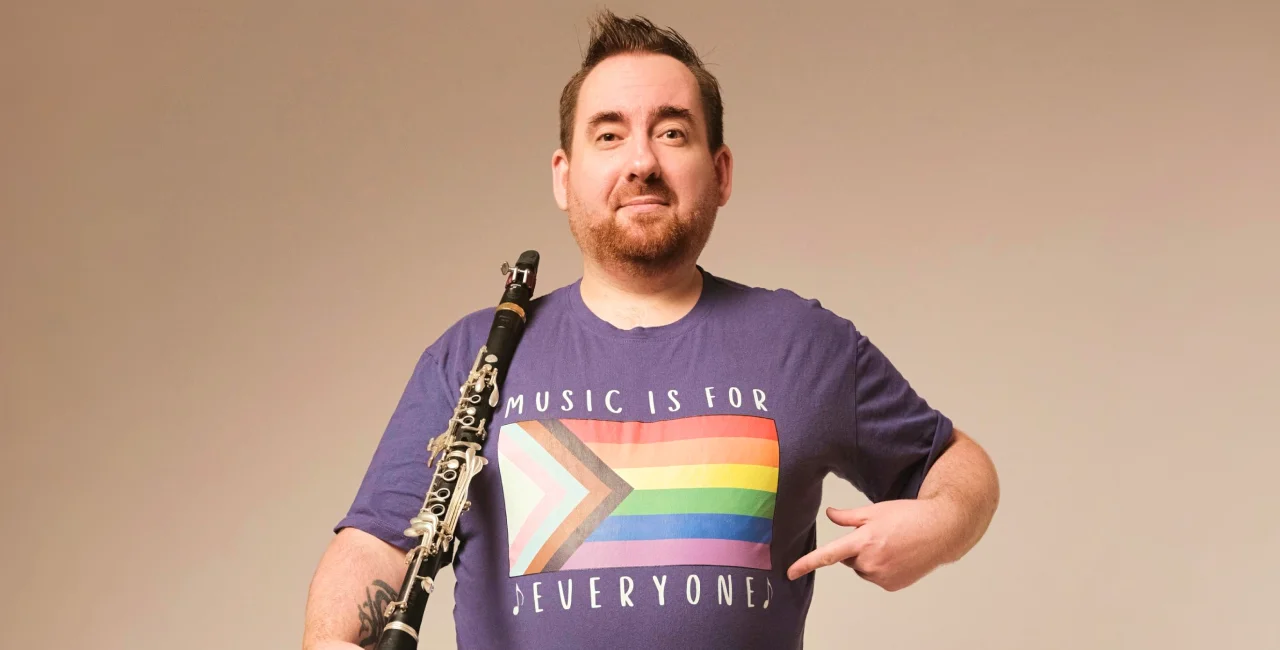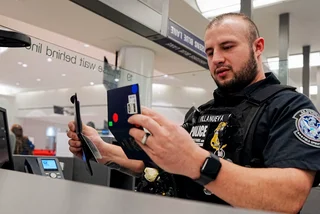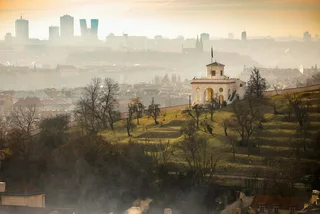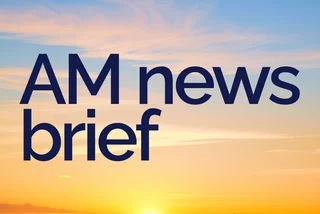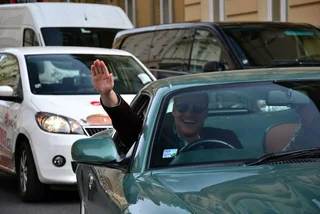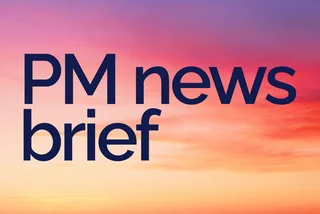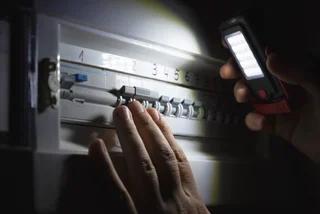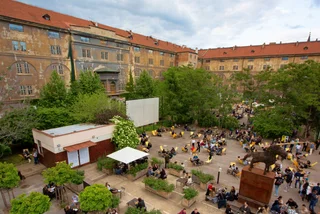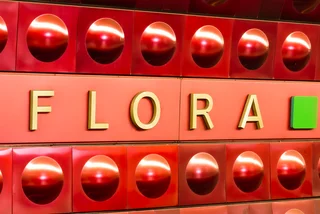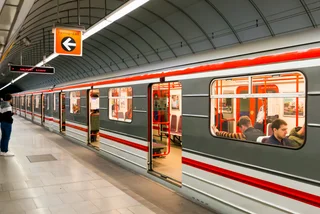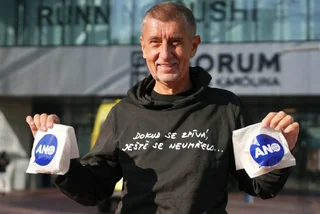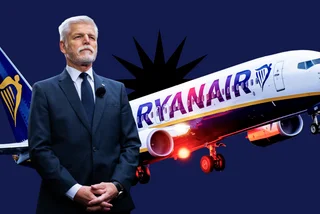A Czech clarinetist was detained, questioned, and denied entry into the United States while trying to perform a series of unpaid concerts for Czech-American communities, according to Czech news outlet Deník N.
Jaroslav Škuta, 35, a full-time music teacher, had planned to spend his summer holiday performing about 15 concerts in states like Nebraska and Ohio. Friends organized the concerts, which were intended to be free and celebrate Slavic heritage.
PARTNER ARTICLE
“They treated me like a criminal,” Škuta said in an interview with Deník N columnist Jana Ciglerová. He mentioned he had visited the U.S. nearly every year, often performing for Czech cultural groups and keeping long-standing artistic connections.
The incident took place July 1 at Detroit Metropolitan Airport. Škuta was traveling from Prague to Omaha via Amsterdam when customs flagged him for additional questioning during a routine interview.
Škuta informed U.S. officials that he would not receive payment for the performances. He also stated this on his ESTA application, which is the visa waiver program for tourists, listing his employer and contact details. Despite these assurances, he was denied entry and returned to Prague.
“I was assigned a customs officer, and another one took my luggage. They searched everything,” Škuta said. “They confiscated my clarinet case, my personal backpack, my iPad, my laptop, and both of my phones. They even went through my phone for over an hour.”
He stressed the non-commercial nature of the trip. “These events were organized in good faith, for communities with Slavic roots,” he said. “I have friendly and artistic contacts there. It was an informal cultural exchange.”
'Terrorist organizations? Me, an art school teacher with a clarinet in my backpack'
After a phone call between a customs officer and another official, Škuta said the situation escalated. He was told he was “in big trouble,” asked to raise his hand, swear an oath, and electronically sign documents—without seeing the screen.
“I was stressed, humiliated, and scared. I just signed them,” he said. “I don’t even know what I agreed to. They asked for my signature five times.”
The only printed document he received referenced terrorist organizations and included a warning that helping such groups would be a federal crime.
“Terrorist organizations? Me, an art school teacher with a clarinet in my backpack.”
The interrogation lasted five to six hours. Škuta mentioned he was allowed to use the restroom only under supervision. Authorities took a DNA sample, photographed him for a police registry, and recorded full fingerprints.
“They had trouble with the fingerprints because my hands were shaking so badly,” he said. “I was sick, cold, pale—they could see I was on the verge of a breakdown.”
Škuta, who attended Kent State as a graduate student in 2019, said his ESTA was canceled, and he is currently barred from reapplying. He described his relationship with the United States as increasingly complicated.
“The society has changed a lot since I studied there,” he said. “They still have many interesting musical projects, but mentally and in terms of values, they are becoming more and more different from us in Europe.”
A cultural concert scheduled for July 20 in Youngstown, Ohio, was canceled after Škuta’s deportation, raising concerns among organizers about the future of international artistic collaboration.
A U.S. Customs and Border Protection spokesperson told the Akron Beacon Journal that Škuta did not have the appropriate employment-based visa to perform multiple events as a professional musician.
This case underscores growing concerns among international artists and academics about tightening U.S. entry rules and the treatment of foreign nationals at the border.
Meanwhile, yesterday, the U.S. Embassy in Prague advised nonimmigrant visa applicants, including students and exchange visitors, to make their social media accounts public to speed up security screenings.












 Reading time: 3 minutes
Reading time: 3 minutes 